Matilde Huici

Matilde Huici Navaz
The importance of education
Pamplona, 1890 - Santiago de Chile, 1965
Matilde Huici lived an intense political and cultural life in the Krausist Madrid of the early twentieth century. She arrived there in 1916 from her birthplace, Navarra, and found her first accommodations in the Ladies’ Residence run by María de Maetzu. Just like so many other women of her time, her first degree was in Education, which enabled her to earn a living for the first time, and again for the last time in her life when she was living in exile in Chile. However, her education did not stop there. She continued to gain new knowledge, which she would later bring to the enterprises in which she got involved.
In line with the Krausist universalist ideal, she mastered many languages, which not only provided her with useful tools on the countless missions in which she represented Spain but also became a helpful source of income in exile.
She was also one of the first women to graduate from university (with a Teaching Degree in Higher Education in 1919 and a Law degree in 1926) and one of the first to work as a lawyer. She was the third to join the Bar Association in Madrid, after Victoria Kent and Clara Campoamor, which enabled her to serve as an attorney in the Juvenile Court and see firsthand the importance of education in the forging of criminals.
With both enthusiasm and solid legal technique, she was committed to many causes through her professional work, memberships in organisations and texts written for the press in favour of the female vote, minors’ rights and the rights of refugees, even when she herself was bound to go into exile.
The professional respect that she garnered was recognised by the government of the Second Republic, where she held public posts, most importantly as a member of the Legal Advisory Committee which came up with the draft Constitution of the Republic.
In her fifties, the Civil War truncated her promising career. She had to go into exile in 1939, just like her master Jiménez de Asúa, as well as Stefan Zweig, fleeing from Nazism, but that was not the end of her. In Chile, she found fertile ground for embarking on a new period which she seized to continue educating children and teachers, which is what she is remembered for even today.
It is unclear why she never earned the same recognition in Spain as her contemporaries like Kent and Campoamor, but the best way to reflect on this is to read the essential biography by San Martín Montilla, who for that very reason describes her as the ‘third woman’.
What remains of Matilde Huici today is her belief in education and her passion for action.
Míriam Cugat Mauri
Associate Professor (Profesora Titular) of Criminal Law
Universitat Autònoma de Barcelona
References:
- Cuesta, Josefina; De Prado Herrera, Mª Luz y Rodríguez, Francisco J. (dirs.) (2015). ¿Mujeres sabias? Mujeres universitarias en España y América Latina. Limoges: Presses Universitaires de Limoges.
- Egido, Ángeles; Eiroa, Matilde; Lemus, Encarnación y Santiago, Marifé (dirs.); Iordache, Luiza y Negrete, Rocío (coords.) (2021). Mujeres en el exilio republicano de 1939 (Homenaje a Josefina Cuesta). Madrid: Ministerio de la Presidencia, Relaciones con las Cortes y Memoria democrática.
- Montalbán, Paz (2013). Matilde Huici: el exilio ineludible, una fructífera condena. Lyceum Club Femenino [blog], 26.06.2013. In: https://lyceumclubfemenino.com/2013/06/26/matilde-huici-el-exilio-ineludible-una-fructifera-condena/ (consulta 19.09.2022).
- Quintero Olivares, Gonzalo (2016). Pequeña historia penal de España. Madrid: Iustel.
- San Martín Montilla, Nieves (2011). Matilde Huici Navaz: la tercera mujer. Madrid: Narcea.
Citació recomanada:
Cugat Mauri, Miriam (2022). Matilde Huici Navaz. Pioneering Female Jurists: Remembrance and Memory [Electronic resource], Universitat Autònoma de Barcelona, November 2022. In: https://ddd.uab.cat/record/268725
This web Pioneering Female Jurists: Remembrance and Memory was created as part of the teaching innovation and quality improvement project of the UAB 2021 (GI515402). Main researcher: María Jesús García Morales







